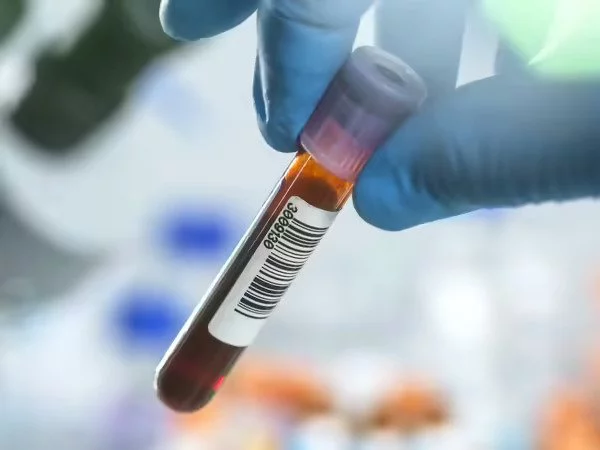You get a glimpse of the future every now and then. It is sometimes a fleeting vision, a shimmering phantom. Its form is too ephemeral to distinguish clearly, and it promises a lot but eventually fades into obscurity, failing to deliver. Occasionally, however, it is a longer-lasting apparition, one that appears for long enough to consider its significance, to ponder what it might mean.
A new study has identified which blood tests are most effective at detecting Alzheimer’s disease in its early stages, as well as another blood test that is most effective at detecting relevant treatment effects. These findings will hasten the development of new therapies to slow disease progression.
The Swedish study lead by Professor Oskar Hanssson, Lund University, and Professor Kaj Blennow, University of Gothenburg, looked at several newly development blood tests for Alzheimer’s disease pathology and neurodegeneration in 575 individuals from the BioFINDER cohort. In 242 participants, the plasma tests were repeated for up to 6 years, along with cognitive testing and magnetic resonance imaging.
Aside from improving the clinical trial design, the novel blood tests will revolutionize the diagnosis of Alzheimer’s diseasechange in its early stages. Furthermore, phospoho-tau217 could be used in the future to monitor individual patients’ responses to disease-modifying therapies in clinical practice.
Oskar Hansson
The study, published in Nature Medicine, revealed that multiple blood biomarkers, namely phospho-tau231 and Aβ42/40, were sufficient in identifying Alzheimer’s disease pathology, even in participants with no symptoms, and thus, could be used as a strategy to select the correct individuals for novel disease-modifying trials – a task which currently requires expensive molecular imaging technique or lumbar punctures.
However, only phospho-tau217 was found to be associated with Alzheimer’s disease pathology, a decline in cognitive performance, and increased brain atrophy typical of early Alzheimer’s. As a result, phospho-tau217 will be an excellent marker for detecting relevant disease-modifying effects of novel treatments. The findings have significant implications for the use of blood tests in recently reported anti-Aβ trials.
“Different blood tests may be optimal for identifying Alzheimer’s pathology or monitoring disease progression and thus have different roles in clinical trials,” said Dr. Nicholas Ashton of the University of Gothenburg, the study’s first author.

“This study has demonstrated that phospho-tau217 is uniquely positioned to be an optimal test for monitoring patients in both a clinical and trial setting due to its longitudinal association with Alzheimer’s development.”
Biomarkers are quantifiable indicators of what is going on in the body. These can be found in blood and other bodily fluids, as well as organs and tissues. Some are even digitally measurable. Biomarkers can assist doctors and researchers in tracking healthy processes, diagnosing diseases and other health conditions, monitoring medication responses, and identifying health risks in individuals. A high level of cholesterol in the blood, for example, is a biomarker for the risk of a heart attack.
The ability of p-tau217 to monitor such changes in pathology and cognition at such early stages of the disease process was an important aspect of this study. This finding was replicated in an independent cohort from the Wisconsin Registry for Alzheimer’s Prevention in the United States (WRAP).
“Aside from improving clinical trial design, the novel blood tests will revolutionize the diagnosis of Alzheimer’s disease in its early stages,” says Oskar Hansson. “Furthermore, phospoho-tau217 could be used in the future to monitor individual patients’ responses to disease-modifying therapies in clinical practice.”
Optimal blood tests for development of new therapies of Alzheimer’s disease
— Bioengineer.org (@bioengineerorg) December 1, 2022
Read more: https://t.co/5LWcfIKVfE pic.twitter.com/mLPD9Vc8v5





